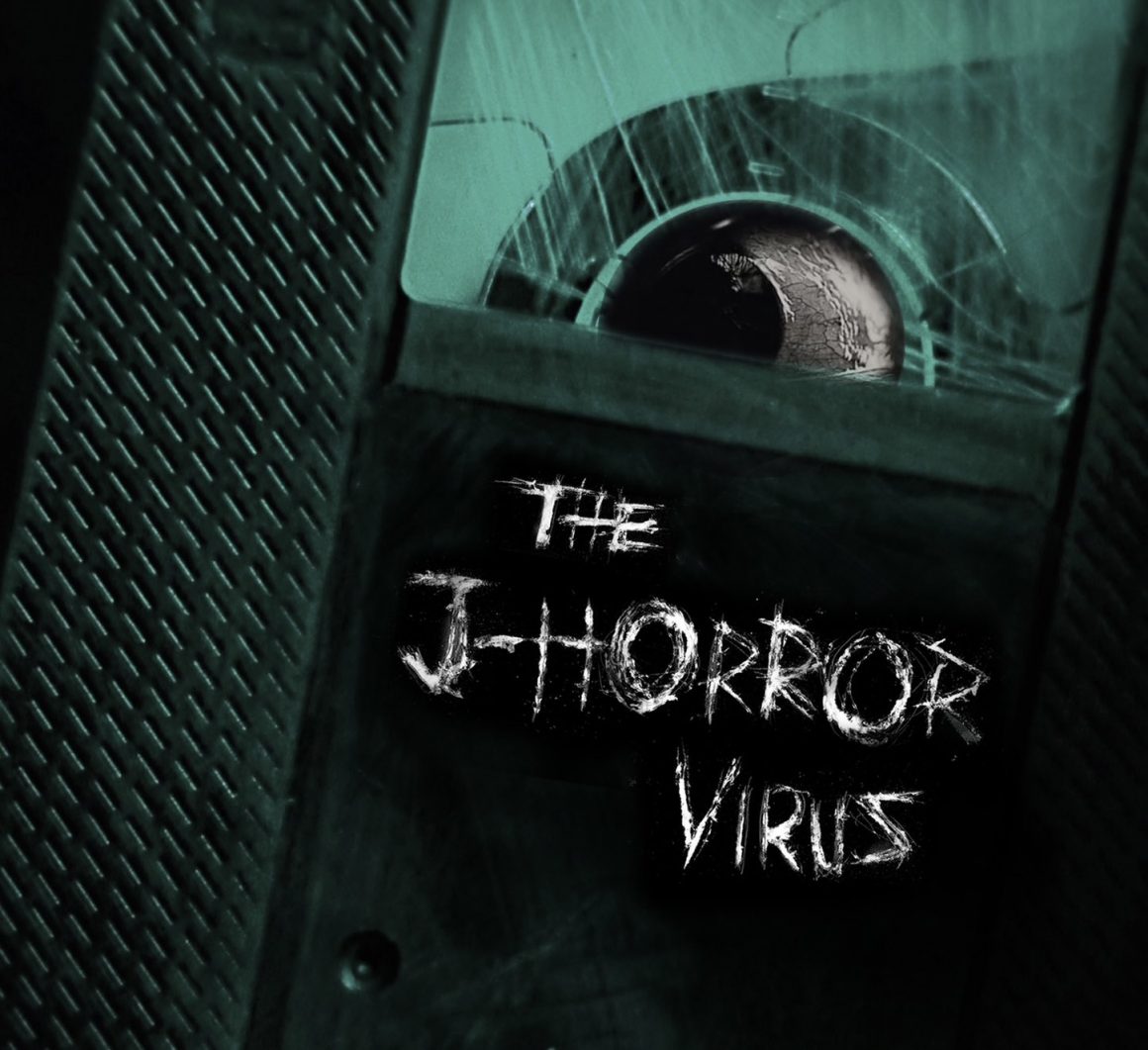
CUFF.Docs 2023: The J-Horror Virus
By Nimra Amir, November 24 2023—
The Canadian premiere of the documentary The J-Horror Virus at the CUFF.Docs Documentary Film Festival (CUFF.Docs) on Nov. 25 will take viewers deep down the rabbit hole of the Japanese horror movement that took the world by storm in the 1990s — and who better to navigate the subgenre with viewers than those who were most involved?
The J-Horror Virus, directed by Jasper Sharp and Sarah Appleton, admirers of the subgenre, gave viewers a comprehensive account of the movement that starts far earlier than the films that have etched themselves into the collective memory of most horror enthusiasts. Instead, Sharp and Appleton began with more humble beginnings in straight-to-video anthologies such as Norio Tsuruta’s seminal Scary True Stories (1991/91) and Teruyoshi Ishii’s mockumentary Psychic Vision: Jaganrei (1988). These early works, like most of the Japanese horror movement, have their roots all the way back in Kabuki theatre and Edo-era folktales that follow cultural stories of vengeful pale spirits — often women — roaming through the humid air of Japan with their long black hair veiling their face. But the trope has now become synonymous with the more iconic films of the subgenres such as Hideo Nakata’s Ring (1998), Kiyoshi Kurosawa’s Pulse (2001) and Takashi Shimizu’s Ju-On: The Grudge (2002).
It is in these films that take on traditional stories but with the aid of modern technology, we have unsettling atmospheres and suspenseful directions which uniquely speak to the specific fears of Japanese societies compared to the more widely acclaimed Hollywood films of the time. Horrifying the country, the films were quickly propelled to international audiences who also came to resonate with the approach taken by the filmmakers in the Japanese horror movement.
It was not long until the long-haired woman climbing out from your TV was featured in not only sequels and prequels — with inspiration from Hollywood movies such as Carrie (1976) — but also Hollywood remakes such as The Ring (2002). The Japanese horror movement became an even bigger part of popular culture while holding onto what made it beloved by the masses in Japan originally.
The credit, of course, goes to filmmakers like Kiyoshi Kurosawa, Takashi Shimizu, Teruyoshi Ishii, Masayuki Ochiai, Shin’ya Tsukamoto and Mari Asato who personally speak to the success of the subgenre in The J-Horror Virus by going through their own films that were in many ways connected to the other films in the Japanese horror movement.
In the realm of cinema, true uniqueness is a rarity. Films often draw inspiration from other films but also, cultural influences and societal undercurrents. The Japanese horror movement is a testament to how powerful that inspiration can be as we see a genre inspired by filmmakers in the region that slowly inspires horror films around the world.
To go through the chilling journey of the Japanese horror movement that breaks beyond borders, you can buy tickets for The J-Horror Virus on the CUFF.Docs website.
